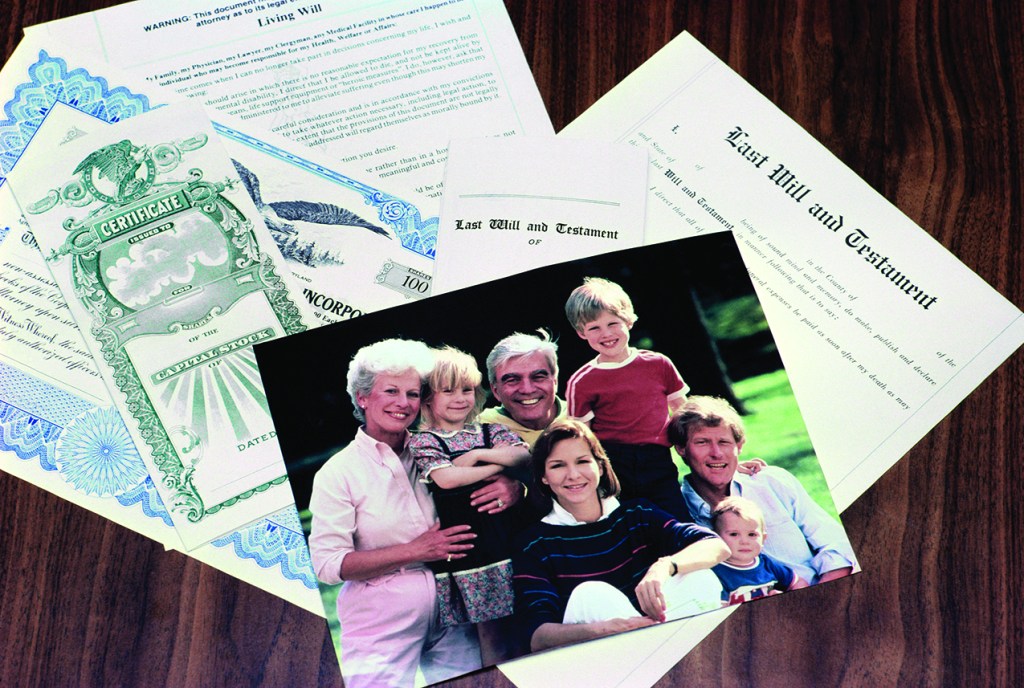Ten Years of Artisanal Cheese in Mecox
It’s Friday morning—that’s cheese-making day at Mecox Bay Dairy in Bridgehampton. On just under 100 acres of prime Hamptons farmland, Art and Stacy Ludlow and their son Peter tend a small herd of cows that yields about 15,000 pounds of cheese a year. About 80% of this cheese is sold within a 40-mile radius of the farm. A small chunk of it was in fact purchased and consumed—in one day—by yours truly who had the pleasure of watching the cheese-making on a recent morning in the chilly barn behind the Ludlow’s home.
The house, or at least part of it, has been in the family since 1875. Originally a boarding house in Sagaponack, it was literally split between two brothers in 1910. It was cut in half and the part the Ludlows now call home was moved to its current location.
Art’s grandfather grew up in this house and started the farm. “He got into dairy and potatoes,” says Ludlow, “But he died young,” and his son—Art’s father—left school to tend the farm from 1936 through 1959. The dairy business was not doing well on the Island and he got rid of the cows. When Art and his brother graduated college they bought more acreage and farmed potatoes together from 1973 through 2000. But potatoes require a lot of acreage and with farmland scarce; they decided to go in another direction.
“My brother was interested in growing things, and I remembered the cows,” says Ludlow, “I liked that. I was interested in animals.” They decided to split the land and equipment and each farm in their own way. Ludlow did extensive research on dairies and the cheese-making process and in 2002 converted the potato barn, installing the infrastructure. 2003 was the first year of production.
“When we made the first cheeses,” says Ludlow, “We put them in the ageing room, and let them sit and wondered what was going to happen.” Because Mecox Bay Dairy makes their cheese with raw milk, regulations require it to be aged more than 60 days before being sold to the public and they were eager for a taste. “I called my teacher in Vermont to see what I needed to worry about….He said if it smells bad—watch out! I tasted it—and it was super. My brother agreed to sell it at his farm stand that July.”
On the day we visit, the cheese-making room is so moist that a fog sits above the cauldron where Ludlow is up to his elbows stirring the curds by hand. The milk in the vat heats up to 102 degrees as it slowly gives way to the chewy curds and liquid whey. The heating determines the humidity of the cheese, which then determines its longevity. One pot is the basis for their Farmhouse Cheddar, the other for the delicious, creamy Atlantic Mist that my family consumed in one sitting, resorting to a spoon to capture every last drop of flavor.
And that flavor is determined by many things. The Ludlows are very interested in sustainable farming. They are considering producing more feed locally and are exploring open-pollinated corn. “We are concerned about feed because it changes the flavor of the milk,” he explains, demonstrating the difference in cheese color between cheese made from summer-fed (grass) and winter-fed (hay) cows.
Ludlow also has been raising turkeys for Thanksgiving for 40 years, with 340 sold in 2012. He raises the birds from chicks, with last year’s bruiser topping the scales at 35 pounds. The list has already started and there is no Internet sign-up. You’ve got to call the farm the old fashioned way: just like he raises the birds, free-range and hand-fed. Don’t hesitate—he sells out every year!
And don’t wait until Thanksgiving to taste the fruits of Ludlow’s labors. Mecox Bay Dairy cheeses can be purchased in the city at Eatily, at farmers markets from Westhampton to Montauk, and Village Cheese. It is served locally at Almond in Bridgehampton, at Topping Rose House and at The American Hotel.
“Farming is back on the rise,” says Ludlow, “There is interest in a better quality of food.”



